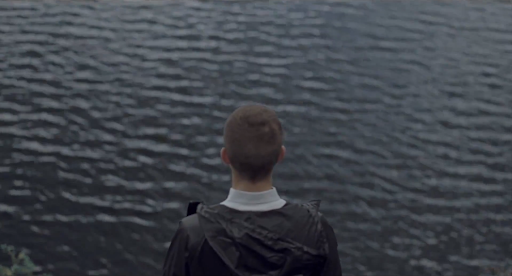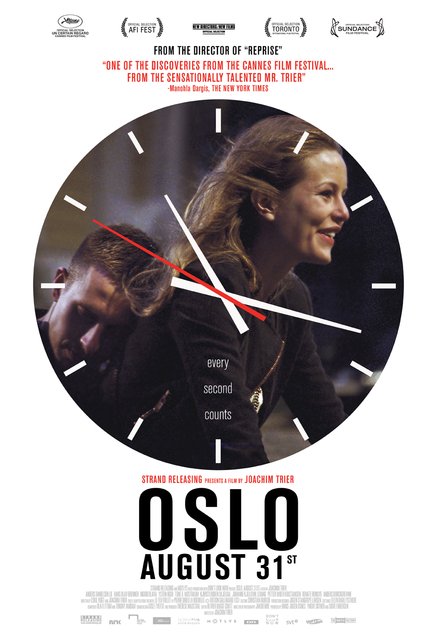
LA TERRA TREMA (1948)
"The Earth Trembles"
Directed by : Luchino Visconti
There's no escape from the chains of exploitation for the fishermen of Aci Trezza, a small village on the east coast of Sicily. The wholesalers who buy their fish conspire together to offer very low prices, making a mockery of way capitalism is meant to work as far as fairness and competition goes. This means that the back-breaking work the fishermen must put in ensures their survival - and nothing more. Young Ntoni Valastro (Antonio Arcidiacono) demands his family and the entire village do something - and in the end the Valastros mortgage their house so they can buy their own boat, salt their own fish and own their own operation. The price is high though, and the risk enormous. When their boat is severely damaged during a storm their lives are thrown asunder - unable, as they are, to pay their mortgage or continue fishing. It soon becomes clear that the system is so heavily rigged in the wealthy's favour that there can be no escape from the crushing weight pressing down on the fishermen, who risk their lives and break their backs toiling for their day's bread and a roof over their heads. In the meantime the wholesalers laugh, and laugh.
So, that was a tonic to cheer me up! Luchino Visconti really gets into the thick of Italian neorealism here, using non-professionals as actors (apparently they weren't fishermen though) and letting his film play out in documentary style. Visconti himself does a lot of narrating - and I wondered while watching it if he'd seen Mexican film Redes (1936), which is basically the same as this. There were times watching La Terra Trema that gave me déjà vu. There was no screenplay, and the film also had some similarity to a Theodoros Angelopoulos film in that the shots were very, very long. It's a simple story told over 160 minutes because there's no quick chopping or changing, and instead we spend a considerable amount of time contemplating each action, and familiarizing ourselves to each location. The Valastro's home is a filthy old stone house with cheap, bare furniture - and looking at it I realized that for me, personally, it would be uninhabitable. It shocked me to realise that this family were going to be thrown out, to live in even worse conditions. Watching real people in a real place is what neorealism is all about, and it gives you a perfectly authentic picture.
This was my third Luchino Visconti film, and another taste of how much fervor was in the air as far as communist ideals went in late 1940s Italy. The country was recovering from the self-destructive impulses of fascism, and had yet to experience the 'economic miracle' that would give the country as a whole self-confidence, even if it didn't help the poor that much (no big surprise there.) The Italian Communist Party partially bankrolled La Terra Trema themselves, but were unhappy with the final product because it didn't offer as much hope as they wanted it to. It was originally meant to be a propaganda documentary about Sicilian fishermen for the communists, but Visconti turned it into his long-awaited opportunity to adapt Giovanni Verga's novel I Malavoglia for the big screen. It's one great, long cry of despair, hopelessness and anguish - a melancholy lamentation for the workers around the world who are basically slaves to the work they must do in order to survive. Unlike Redes, it doesn't strike a propagandistic note, instead staying true to an artist's vision of a reflection on life - powerful, and confident in what it wants to say.
Glad to catch this one - it was named one of the top ten films of all time in a 1962 Sight & Sound poll. Included on the Italian Ministry of Cultural Heritage’s 100 Italian films to be saved. It received the International Prize at the 9th Venice International Film Festival in 1948, and was nominated for the Golden Lion.

Watchlist Count : 432 (-18)
Next : Atroz (2015)
Next : Atroz (2015)
Thank you very much to whomever inspired me to watch La Terra Trema.
__________________
Remember - everything has an ending except hope, and sausages - they have two.
We miss you Takoma
We miss you Takoma
Latest Review : Le Circle Rouge (1970)










